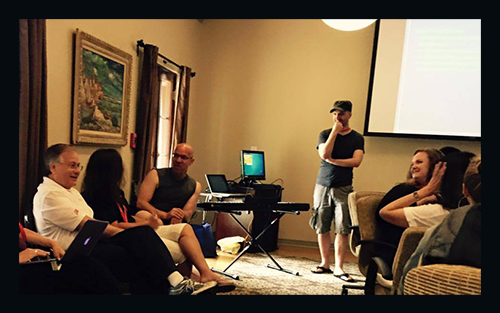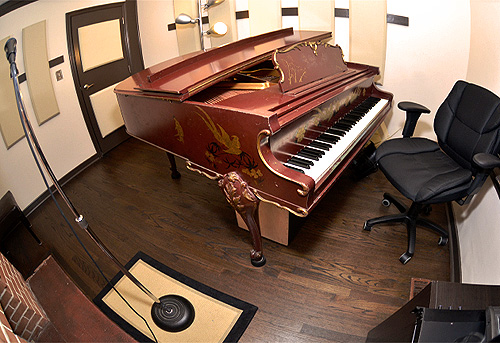Who is Ryan Luchuck?

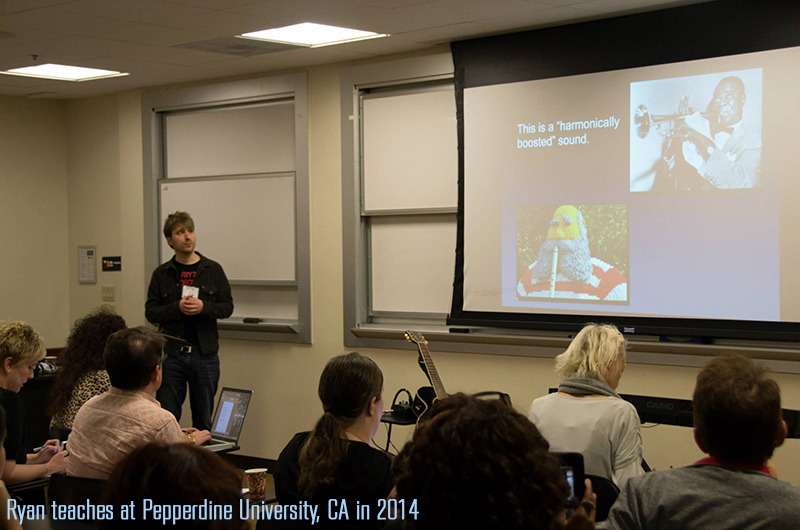
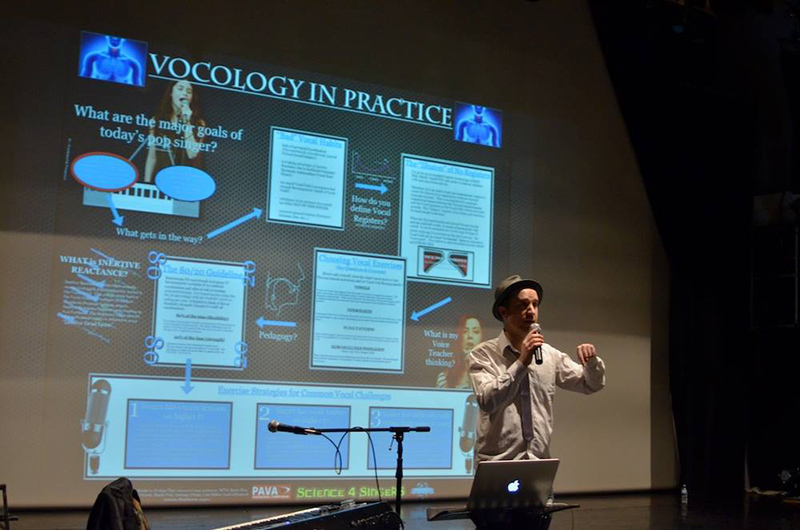
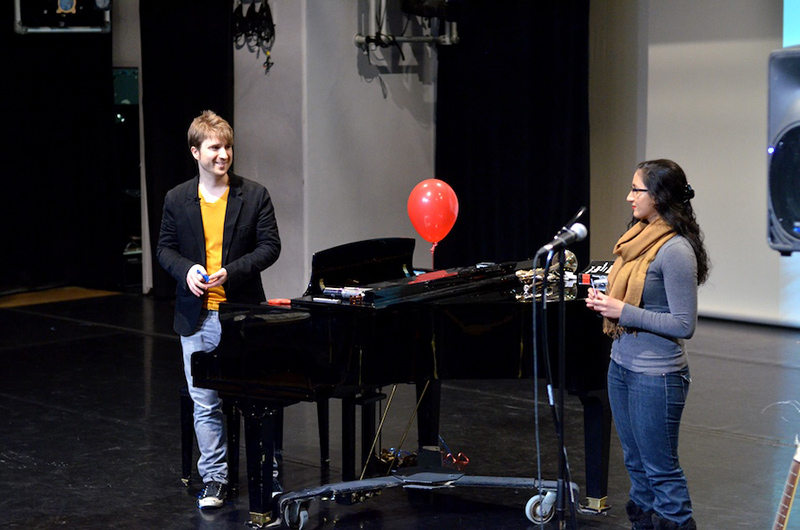
How We Train
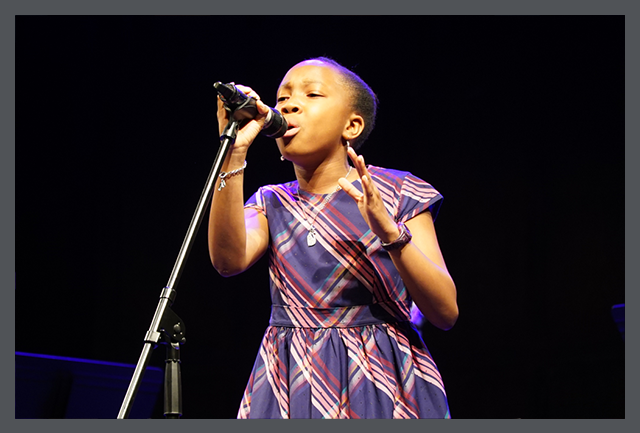
1. REMOVE EXCESS TENSION
Every singer, at some point in time, will have to deal with excessive muscular tension. One reason it’s so common is that great singing is usually very dramatic. This means that singers have to “live on the edge” and communicate extreme emotion to their audience. It can be very difficult to do this without over engaging the muscles inside and outside of your larynx. Many of us will try to force the instrument to do our will. As you likely already know, this doesn’t work out very well!
2.BUILD COORDINATION
The qualities that singers strive for (range/power/consistency) are directly related to how much coordination exists in your larynx. Most singers have a hard time singing strong higher pitches without "flipping" into a much lighter tone/timbre. The Thyroarytenoid (TA) and Cricothyroid (CT) muscles are particularly important. It’s my job to give you a workout that teaches these muscle groups to play nicely together. As you learn to transfer necessary muscle tension between these two muscle groups with a lot of accuracy, your sound will become consistently strong over a very large range.
3.BUILD STRENGTH
Technically, strength comes from coordination. However, I’ve found that it’s necessary to approach our exercises a little differently when it comes time to “finish the tone”, especially on higher pitches.
4.APPLY NEW SKILLS TO SONGS
As your voice grows, we are always working on injecting your songs with these new skills. This requires making a lot of vowel and consonant adjustments so that the vocal folds get as much help as possible. Songs are so challenging also because the emotion that comes with singing actual music can sabotage our technique in the beginning. Emotion is a very important part of singing, we just need to learn to thrive within that state of mind.
5. CONSTANTLY INCREASE MUSICIALITY/STYLE
Style and musicality are what thrills your audience, even more than range and power. Therefore, I make a point of adding as much musical work to your training as possible.
6.ENCOURAGE FREEDOM AND CONNECTION TO SONG MEANING
At the end of the day, we never want to be overly technical. It’s so important then to always take some time just to sing without over thinking.
How Your Voice Works
Ryan's Mentors
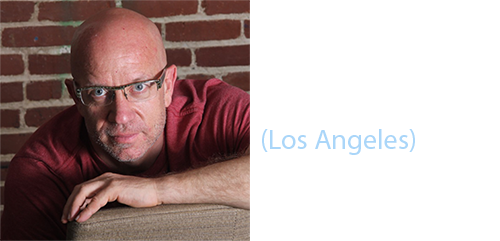
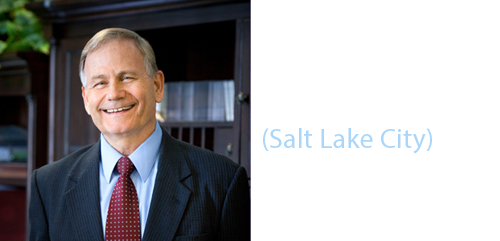

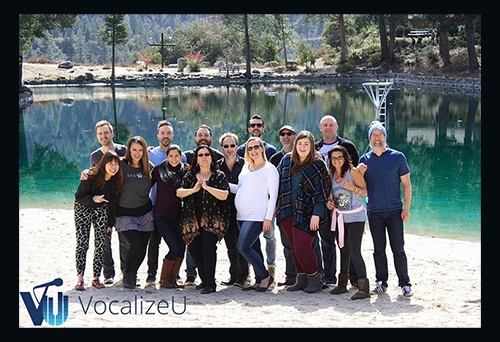
What is ViP?
Natasha Bedingfield
Jordin Sparks
Michael Jackson
Demi Lavato
Regina Spektor
Sara Bareilles
A Great Big World
Joss Stone
Adam Lambert
Justin Bieber
Kelly Clarkson
One Direction
Martina McBride
The Weeknd
Cee Lo Green
Ben Folds
Pentatonix
